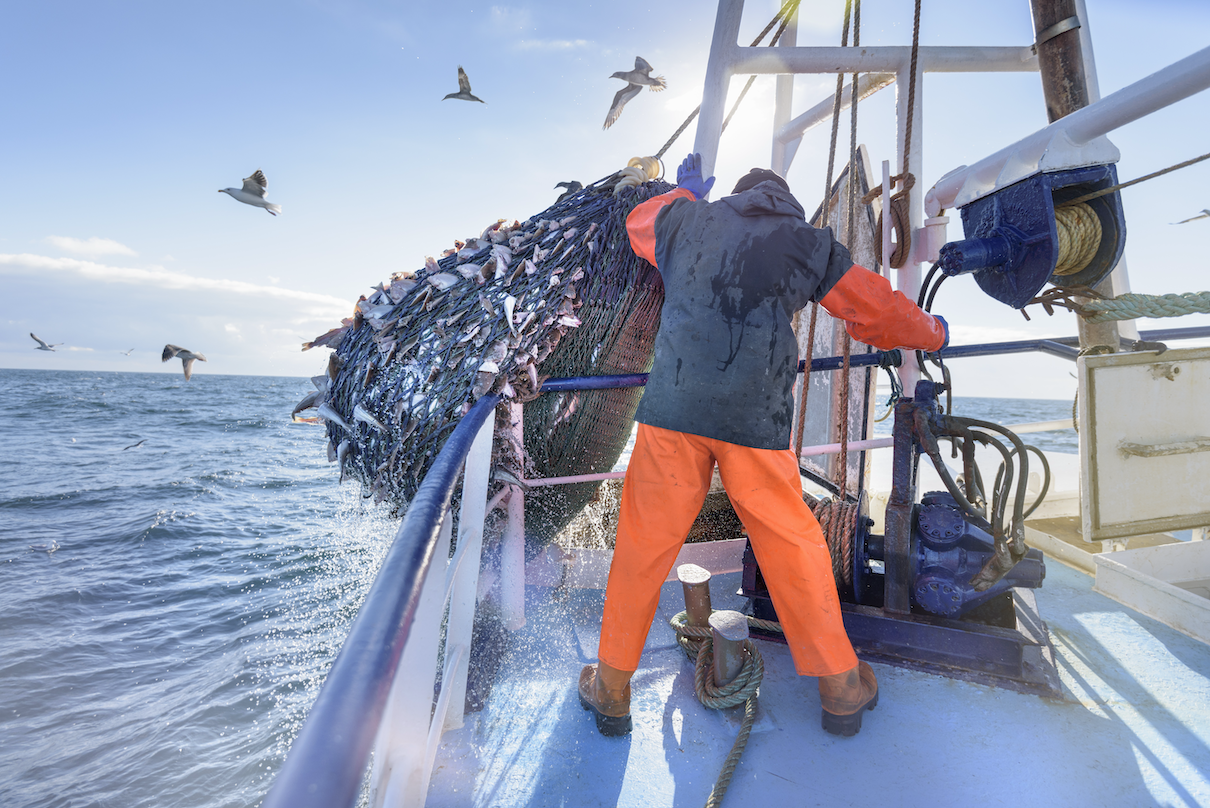Members of the fishing and port industries in the Republic of Ireland have seized the initiative by working with the offshore wind farm industry to help speed through an ambitious plan for a 2GW floating wind farm, 50km off Donegal.
A memorandum of understanding (MoU) between Killybegs Fishermen’s Organisation (KFO), Sinbad Marine Services and Swedish global floating offshore wind developer and technology provider Hexicon to create a "new approach" in developing floating wind projects.
The three organisations say this is the first time in offshore wind that key players “from several fundamentally-opposed sectors” have come together.
Divergent sectors
The wind and fishing industries have often come into conflict with each other in the past due to their divergent aims.
But under the terms of the MoU, key decisions, including site selection, cable routing and landfall, will be collectively analysed and agreed, with the aim of minimising the effect on fishing grounds.
The partners aim to apply for permitting in 2025, with a view to building the first 1GW phase of the project by 2027.
Part of the power generated from the proposed wind farm would produce hydrogen or ammonia to power the fishing fleet and other customers. The remainder will be exported to the national grid, if necessary onshore grid upgrades are completed.
The Republic of Ireland has streamlined its marine consenting process. Under the new Marine Area Planning Act, a new Maritime Area Regulatory Authority (MARA) will issue a marine area consent (MAC) to the planned project. This will allow the developers to apply for planning permission from planning authority An Bord Pleanála. Applications to MARA will open later this year.
Long-term aims
in the longer term, Killybegs and Sinbad Marine Services hope to establish the port as a service hub for the offshore wind industry and achieve energy independence for the fishing industry and wider region. “In signing this MoU, we have guaranteed that we will be at the centre of a project which has the potential to be an economically-transformative.” said Seán O’Donoghue, chief executive of the KFO.

.png)



.png)









